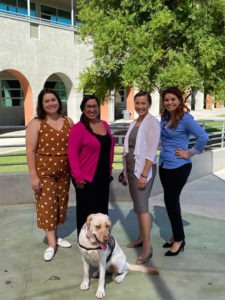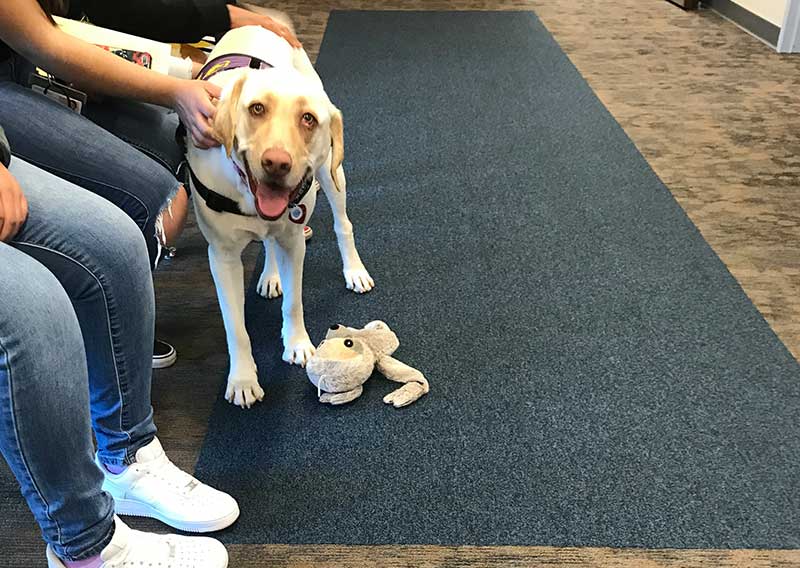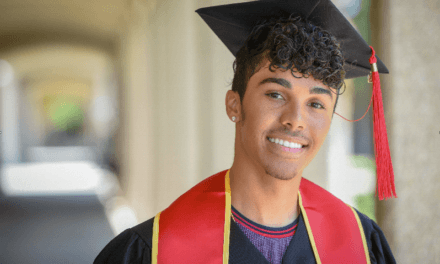Crisis Counseling response involves a multidisciplinary, structured approach
Health and wellness have been on the forefront of discussions during the pandemic. Stay at home orders, increased distance from others, and limited activities were necessary to keep us safe from the coronavirus, but they had social and emotional impacts on everyone.
In a recent Time article published in March 2021, based on database of health insurance claims among the 13-19 age group, “they found sharp spikes from pre-pandemic 2019 to 2020 in a range of psychological conditions including major depression, generalized anxiety disorder, adjustment disorder, self-harm, substance abuse, overdoses, OCD, ADHD and tic disorders”.
Many DSUSD school sites surveyed their students on their social and emotional health during distance learning and at the beginning of this school year. Reports of anxiety, depression, poor sleeping and eating habits, increased electronic use, and grief were endorsed among secondary students. Elementary students reported missing their friends and teachers, watching too much television, and a lack of physical activity.

Patrice Lopez-Dowrey, LMFT; Maria Regla-Cuevas, LMFT; Sue Ann Blach, LMFT,ATR-BC; Elizabeth Vanegas, LMFT; and of course: Budders, professional therapy dog. Not pictured: Henry Villeda, LMFT and Elena Labastida, LMFT.
During the pandemic, DSUSD wellness providers, including counselors, school psychologists, and educationally related mental health therapists maintained relationships with students through virtual appointments, phone calls, and/or Telehealth appointments to support school connectedness, monitor social and emotional wellbeing, share resources, and provide wellness strategies. In the past month, DSUSD students and staff have mourned the loss of a young alumni, students, and a teacher which adds a layer of additional stress to existing social and emotional symptoms.
School settings offer routine and structure that promote physical and emotional safety. DSUSD prioritizes student and staff social and emotional well-being in a system of care that includes school wide health initiatives, targeted areas of group instruction in the areas of social/emotional skills training, parent engagement and coaching, and individualized counseling. When a crisis occurs, it can create demands that interfere in the normal day-to-day operations at school. With the most recent losses, DSUSD staff implemented the PREPaRE Crisis Response Model, a curriculum that provides immediate mental health crisis interventions to students, staff, and community members who are simultaneously exposed to an acute traumatic stressor.
Once a school site is identified with the death of a student or staff member, the crisis team comprised of the school administration and wellness trained staff, meet to debrief on the facts of the event and develop a plan on how to implement the interventions that are in the form of classroom meetings, student psycho-education groups about grief/loss, or individualized crisis counseling. Wellness team members are assembled to work directly with the students, staff, and community members to manage and process the emotional responses and promote recovery. It is not only the trained wellness staff that provide care to students — teachers, paraeducators, resource officers, and office specialists are coached and guided on how to talk to students about grief and loss, strategies to regulate anxiety, and what signs to notice to link students with on-going care. Recovery is paramount for all those impacted and DSUSD follow-up care can also include home visits, care baskets, and accepting invitations to family commemoration activities.
DSUSD follows best practice to reconvene to debrief on the outcome of the crisis response plan, to anticipate the future needs of the school community, and to recognize the emotional impact on the caregivers, the school staff. Wellness leaders encourage staff to utilize the Employee Assistance Program to access no cost mental health services to manage their own well-being to prevent burn-out and compassion fatigue.
Crisis response involves a multidisciplinary, structured approach to ensure that all those affected get the appropriate dose of intervention to promote recovery. This moment is a fragile time; filled with difficulty, uncertainty, and opportunity. By honoring the painful emotions, offering mental health support, strengthening social connections, and fostering wellness in the face of crisis, it’s the perfect recipe for resilience.
Image Sources
- ERMHS-PT-OF-THE-TEAM-2021: DSUSD
- Budders: DSUSD







